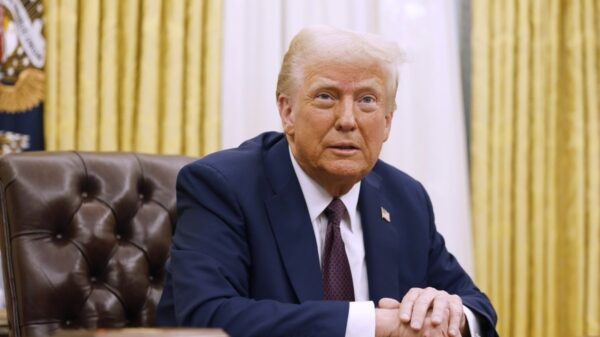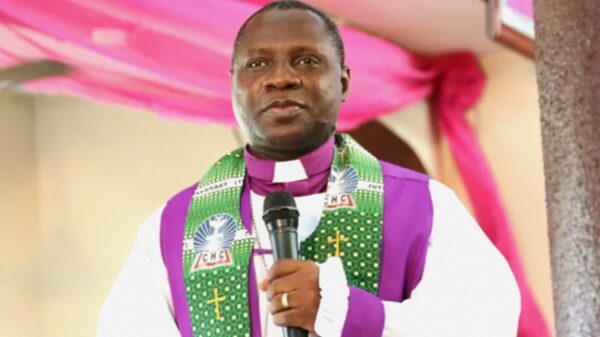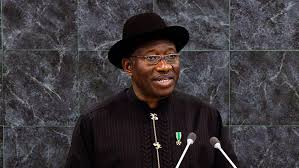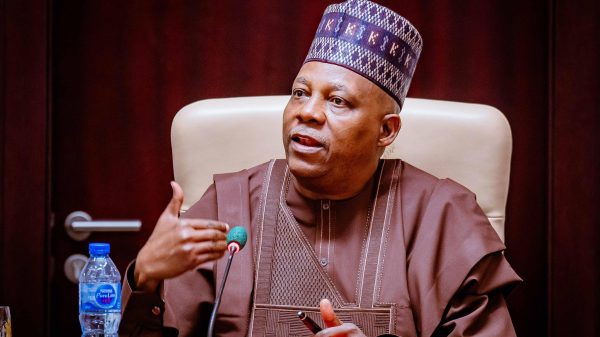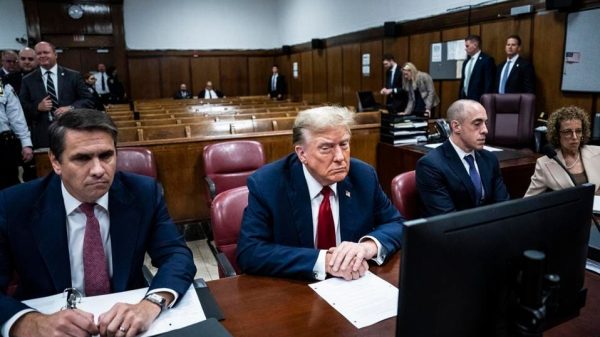Elon Musk has announced his departure from the Trump administration, bringing an end to his controversial stint as the head of the Department of Government Efficiency—nicknamed DOGE. Though his role as a special government employee was always meant to be temporary, the timing of his exit comes just as tensions surfaced between Musk and the White House over a key budget bill.
In a message shared on X, the platform he owns, Musk expressed gratitude to former President Donald Trump for the opportunity to take on government waste. “The DOGE mission will only grow stronger,” he wrote, adding that his time in office had come to a natural close.
Sources familiar with the matter confirmed that offboarding procedures began Wednesday night. Under federal guidelines, Musk’s special status allowed him to serve for a limited number of days each year—an arrangement that was approaching its limit. Yet his exit gained more attention due to public criticism of Trump’s legislative centerpiece, a sweeping budget proposal that includes large tax cuts and defense spending increases. Musk argued the bill would worsen the federal deficit and called it incompatible with the goals of DOGE.
The billionaire entrepreneur had originally vowed to cut $2 trillion in federal spending. That target was eventually scaled down to $150 billion. While the administration claims major strides were made, including the reduction of over 260,000 federal jobs, the aggressive pace of layoffs drew legal challenges. In some cases, judges reversed the dismissals, citing procedural errors and wrongful terminations—even in critical departments like the U.S. nuclear program.
Musk’s exit comes at a turbulent time for his companies as well. Tesla reported a 13% drop in vehicle deliveries in the first quarter of the year—the largest decline in its history. The stock initially plunged by 45%, although some of that ground has since been recovered. On a recent earnings call, Musk acknowledged he would be refocusing on Tesla, saying his government involvement had become a “whipping boy” for criticism.
Activist groups angry about Musk’s political ties have mounted boycotts, protests, and even acts of vandalism targeting Tesla showrooms and charging stations. The backlash grew so intense that U.S. Attorney General Pam Bondi warned such actions would be treated as domestic terrorism.
Despite the public firestorm, Musk has committed to staying at the helm of Tesla for at least five more years. He also indicated plans to scale back political spending, after having contributed nearly $300 million to Trump and other Republican candidates in the last election cycle.
As Musk steps away from Washington, he leaves behind a polarizing legacy—marked by bold ambitions, sweeping layoffs, and a relentless pursuit of disruption, both in government and in business. Whether DOGE evolves or fades, it’s clear Musk is once again turning his full attention back to the private sector.




